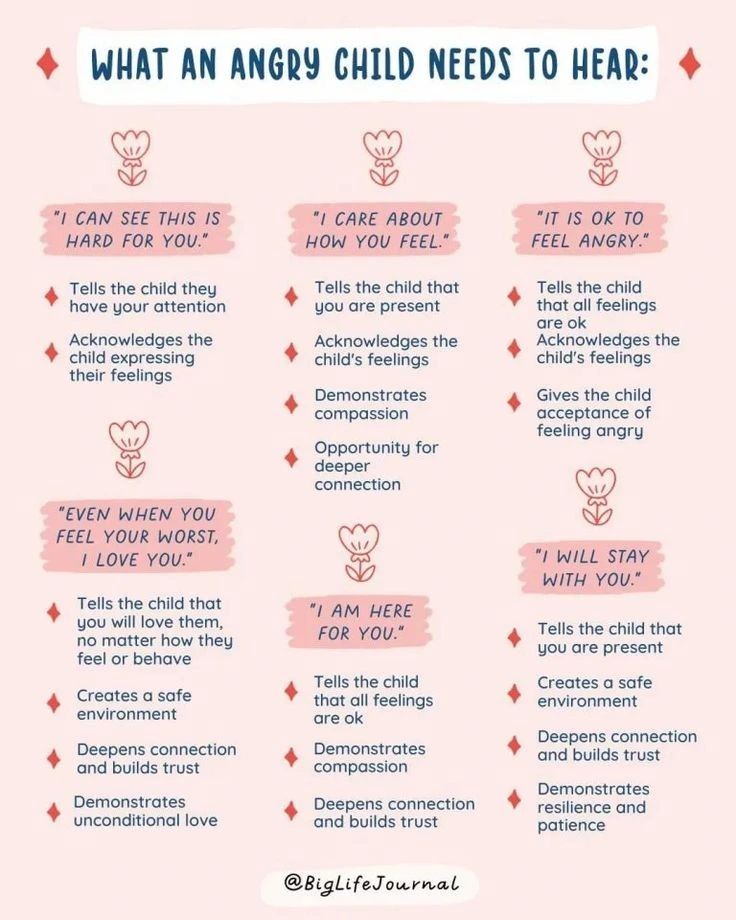Do you remember changing schools? I know I do and it was pretty scary although exciting at the same time. Or perhaps for you it was not the change of school but the change of a year group that had a real impact. Maybe you lost access to that great form teacher you had relied upon so heavily when times were tough.
For many, the biggest change they will experience in their academic lives is the move from primary and secondary school. For some it is changing year group. The circumstances for both can be very different and daunting.
For the vast majority the move will be acceptable and reasonably smooth. However for some, the transition will be extremely challenging. It’s not just the change; it’s what the change entails.
Children moving from primary to secondary are usually moving from the position of being the oldest and biggest, in a school where they have resided for a great deal of time. They had found their niche, they were happy, they had an established friendship group. Now they are going to a school which is far larger, with many more teachers and quite likely a good shake up in their friendship groups too.
To give you an idea of the degree of stress this causes cast your mind back to your own transition. Not all friendships will go with you. The teachers are different, you have heard scary things about them, you don’t know where to sit for lunch, you are worried about the amount of homework you might get, and will you keep up? What if you miss the bus?
Add to that the sheer numbers of people you will be at school with. Loads of new teachers and pupils. Will they like me? Will some be mean to me?
Young people need to be prepared for this experience, well in advance of it happening. And a couple of visits to the new school will likely not be enough.
Here are some other considerations that you might want to talk over with your children/pupils ahead of them changing year or switching schools:
• Do they know where to go to if they feel unwell?
• Can they manage their school bag or do they need a locker? School bags with multiple text books can get really heavy!
• Do they know the names of the teachers? Or at the very least their form tutor?
• Do they know what the different bell rings mean?
• Have they got all of the resources that they need for the various different lessons?
• Is your child well organised – can they stick to a timetable and take responsibility for getting their homework in on time or are they going to need to support with that?
• Do they have strategies that will help them to form the right new friendships and relationships?
Overall, one of the most crucial things to put in place once the transition has taken place, is an opportunity for the child to voice how the transition is going for them. This need not be formal, but it’s important that they are quizzed about their experience so far. Is it what they were expecting? What has been easier than expected or more difficult?
In identifying the challenges or discomforts they may be feeling, you then have an opportunity to talk through some potential solutions.
Helping your child consider solutions to the more challenging elements of the transition, might save you both a lot of built up anxiety later on.
It may be that your child struggles with these new challenges. Perhaps they are anxious or behaving badly, struggling to control anger, having difficulty sleeping or becoming withdrawn. If your child needs support with further strategies I can help with 121 sessions.
ian@aylesburytherapyforkids.co.uk or call me 07964 976711




